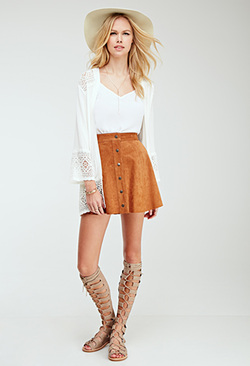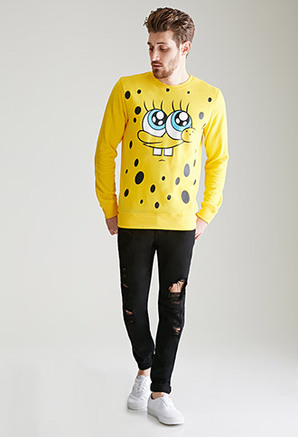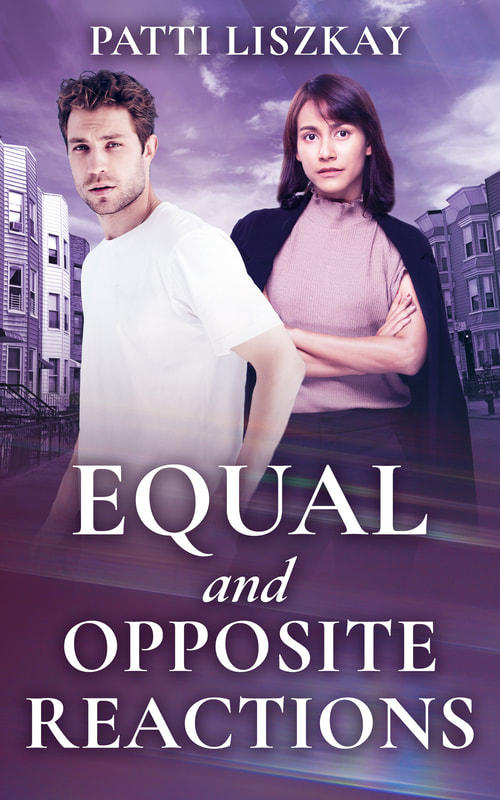|
A couple of weeks ago I was listening to the NPR program All Sides With Ann Fisher. Ms. Fisher's subject that day was a study released by the Pew Research Center that sought to determine whether our prolific use of social media, especially Facebook, was causing more stress in our lives. The study was conducted by Keith Hampton, an associate professor of communications at Rutgers University who used a well-established scientific stress-measuring method called the Perceived Stress Scale. He tested a random sampling of 1800 American adults. Dr. Hampton's starting point for his investigation was the hypothesis that Facebook use increases stress in people's lives as it not only cuts into their time but instills in them jealousy and insecurity and a fear of missing out from reading about all the positives in other peoples' lives that may be absent from one's own existence. So, after completing the study and extrapolating the evidence Dr. Hampton came to the following conclusions: In men, Facebook use does not increase stress. In women, Facebook use decreases stress. In fact women tend to use Facebook as a stress reliever. This, according to the study, is because women tend use social media as part of their support system and because women benefit emotionally from the social sharing that takes place on Facebook. According to the study, Facebook seems to be evolving more and more into a venue of giving and receiving positive affirmation and empathy among women. To which I reply: I knew it! I knew Facebook was a good thing despite the disparagement it often receives for the negative outcomes the Pew study set out to prove it causes but ended up disproving. In truth, before I became a Facebookie I was among the crowd within my generation who looked down our noses and proudly sniffed that we couldn't be bothered with Facebook. I was part of that vintage crowd whose members opined that that sort of thing was for the youngsters anyway and unless you were young enough to wear this: ...then you really didn't need to be Facebooking.
Not that I had a clue what I was talking about. Until I joined Facebook for the sake of seeing the photos my kids were supposedly all the time posting but I was missing. And I began experiencing, well in advance of it publication, the happy effect that the Pew study attributes to Facebook use. But besides being support-giving and affirming, I think that Facebook use can also be uplifting. It gives one the opportunity to say something nice to someone - or many people - throughout the day: compliment the photo of someone's grandchildren, congratulate someone's kid's accomplishment, marvel at a beautiful photo of a natural wonder, thank someone for some interesting and insightful information, let someone know that you appreciate whatever it is that they've shared. Press their "Like" buttons. In other words, Facebook can be used as a daily exercise in niceness. And after you've written half-a dozen nice things and pressed half a dozen more "like" buttons, you know, you start feeling kind of good yourself. Just a little momentary lift. But every little bit helps, right? I suppose on the other hand Facebook could theoretically be used - and doubltless is used - for the opposite purpose - as a forum to spout snarky, bitey, one-uppity put-downs. But not on my time line.
0 Comments
Leave a Reply. |
"Tropical Depression"
by Patti Liszkay Buy it on Amazon: https://www.amazon.com/dp/B0BTPN7NYY "Equal And Opposite Reactions"
by Patti Liszkay Buy it on Amazon: http://amzn.to/2xvcgRa or from The Book Loft of German Village, Columbus, Ohio Or check it out at the Columbus Metropolitan Library
Archives
July 2024
I am a traveler just visiting this planet and reporting various and sundry observations,
hopefully of interest to my fellow travelers. Categories |









 RSS Feed
RSS Feed